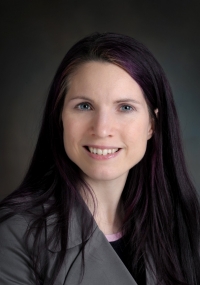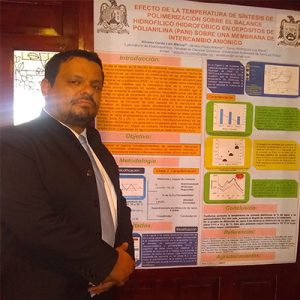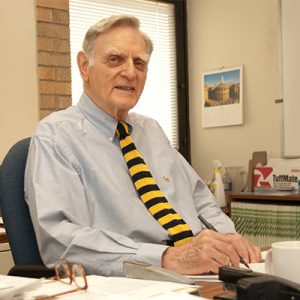
Bonnie Gray, professor at Simon Fraser University.
Editors’ Choice—Development of Screen-Printed Flexible Multi-Level Microfluidic Devices with Integrated Conductive Nanocomposite Polymer Electrodes on Textiles
Bonnie Gray, a professor at Simon Fraser University’s school of engineering science, was inspired by the city of Vancouver in British Columbia in her latest work.
“Vancouver is well-known for its technical clothing, and I have a lot of friends in the film industry who work in costume design. A combination of these influences and my own engineering background caused me to look further into integrating clothing with technology. That’s how I went on to become involved in developing screen-printed flexible multi-level microfluidic devices on textiles,” said Gray, which led to the fruition of her and lead author Daehan Chung‘s research paper, “Development of Screen-Printed Flexible Multi-Level Microfluidic Devices with Integrated Conductive Nanocomposite Polymer Electrodes on Textiles.”
In their open access paper, published in the Journal of The Electrochemical Society, the pair “present a flexible plastisol-based microfluidic process integrated with conductive nanoparticle composite polymer (C-NCP) electrodes for flexible active microfluidic devices on textile substrates.”
According to Gray, flexible and wearable microfluidic devices are among the newest wearable devices for applications in health monitoring, drug delivery systems, and bio-signal sensing. (more…)
 Plastic, it’s very handy. It’s lightweight, corrosion-resistant, durable, and yet, it’s also hazardous to the environment.
Plastic, it’s very handy. It’s lightweight, corrosion-resistant, durable, and yet, it’s also hazardous to the environment.









